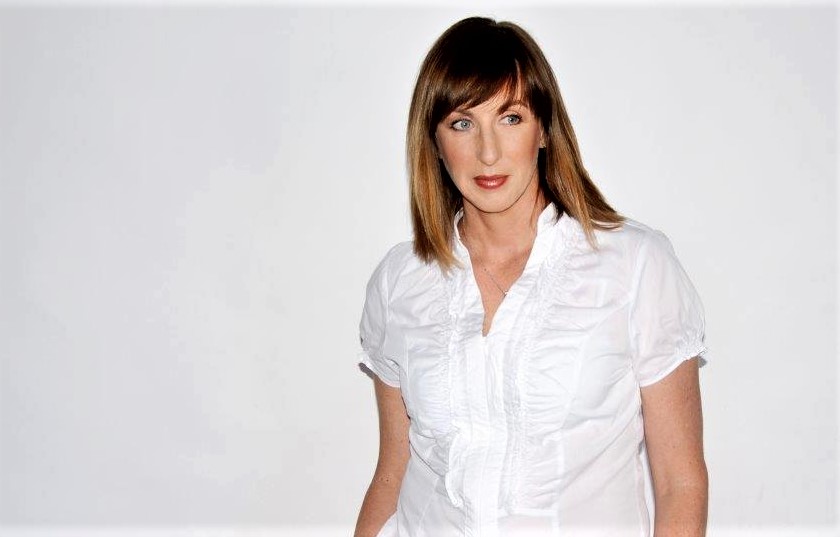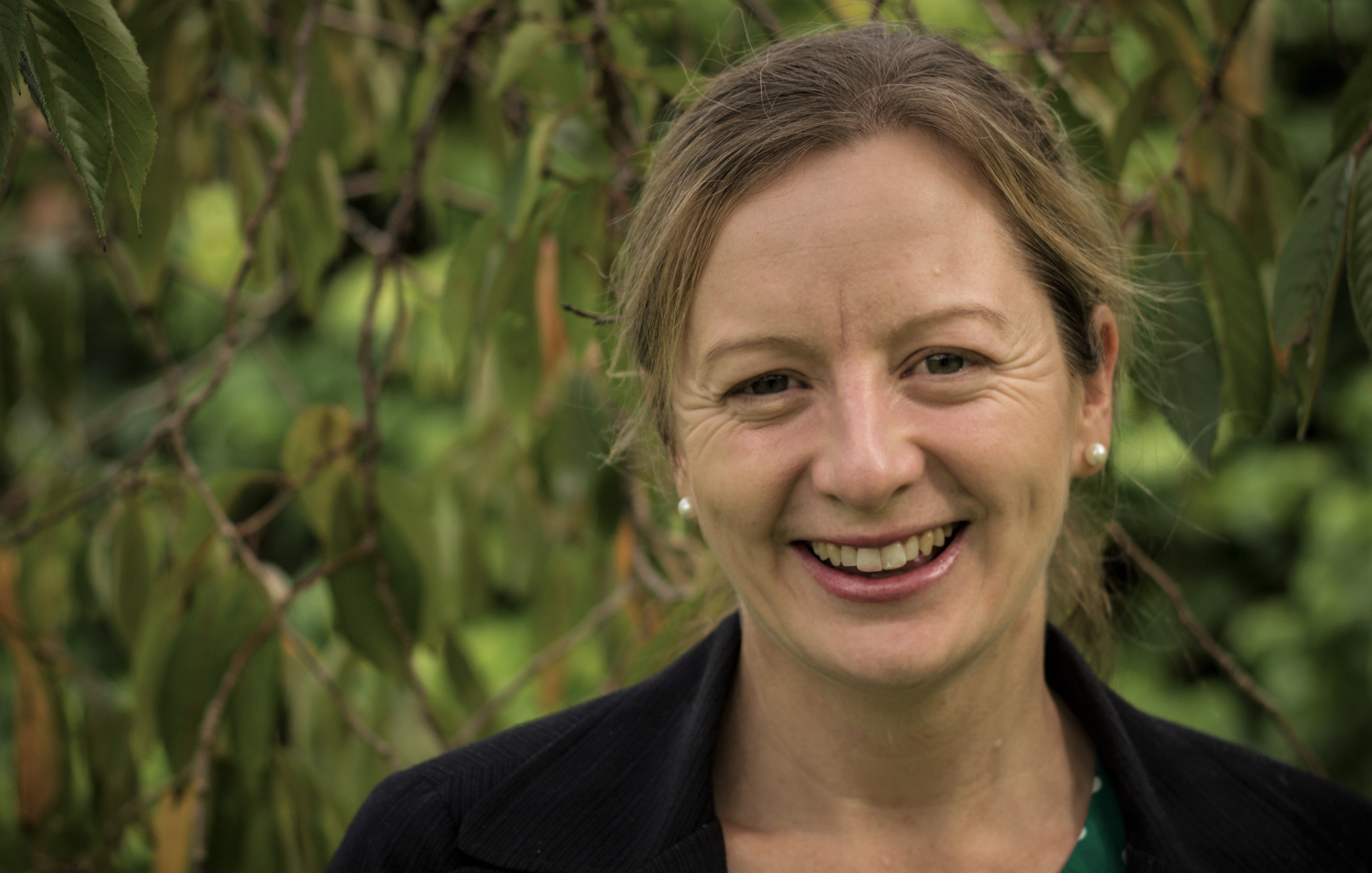Healthy beers flying off shelves at millennials' demand
The 'better for me'" category is growing faster than other brewery products. And what about non-alcoholic gin?
The 'better for me'" category is growing faster than other brewery products. And what about non-alcoholic gin?
Big New Zealand breweries are experiencing rocketing value and sales growth in their "better for me" categories, boosted by younger Kiwis wanting to live more healthily and avoid hangovers.
The "better for me" category includes low/zero alcohol, carbohydrate and sugar beers, and adult non-alcoholic beverages, such as kombucha – a fermented tea.
The sales figures tell the story.
Brewery Lion has had a good response to the February launch of its 2.5% low alcohol beer, Steinlager Pure Light. Sales over a four-week period in April grew from $40,500 to $101,500.
The value of Lion subsidiary GoodBuzz Kombucha's kombucha has also grown 122% in the past year following wider distribution around the country.
The kombucha category in New Zealand has grown 232.6% in value from $5.6 million to $18.7m in the past 12 months, while the country's low/zero alcohol and low carb beer value is now $61.9m, up 29.3% from 12 months ago, according to global research company Nielsen.
Lion's low-carb category comprises 44.1% of the country's total low-carb value of $47.6m, while brewery DB Breweries' low carb category makes up nearly half of it.
DB Breweries managing director Peter Simons says its Heineken brand reached its highest global growth in over 10 years last year, led by demand for its zero-alcohol brand, Heineken 0.0.
In New Zealand, DB has sold 2.2 million bottles of Heineken 0.0 since the beer’s launch in August last year, a demand which is “absolutely” driven by younger generations wanting to moderate their alcohol consumption.
“Millennials are now a big part of people who are drinking alcohol,” Mr Simons says.

What’s more, their moderation is having a domino effect on other generations, Lion strategy and innovation lead Helen Costello says.
About half of people of all ages are choosing to moderate, she says. People are also living busier lives and don’t want alcohol inhibiting them. “We’re not prepared anymore to have a hangover for a morning or day.”
Alcohol Healthwatch director Nicki Jackson says younger people are seeking healthier diets but there are "certainly" people who are adding, instead of substituting "better for me" drinks to their normal consumption of alcohol. “They increase the number of drinking occasions,” she says.

Reduced alcohol limits for drivers has been a "keen stimulus" causing people to choose lower alcohol options too.
In 2011, the drink driving blood alcohol concentration [BAC] limit in New Zealand was lowered from 30mg to 0mg for people under 20 years old. And in 2014, the BAC for people aged 20 and above was lowered from 80mg to 50mg.
“It’s a very small quantity of alcohol that you can have … pubs and bars tell us that has had an impact on the amount of alcohol consumed,” Ms Jackson says.
Overall beer sales have been stagnating, at 1-2% increases a year, which is “population growth figures.”
Adults want adult drinks
With people seeking a healthier beverage, Ms Costello says the adult carbonated soft drink category is growing at 17.2% a year in New Zealand, with Kombucha leading it.
Kombucha’s been around for “thousands of years” but people are now seeking it as it's seen as the perfect adult beverage alternative - non-alcoholic and healthy. “Adults don’t want to be drinking something a kid will drink – they want something for them,” Ms Costello says.
She says it's an exciting time for the adult non-alcoholic beverage sector, in which Auckland-based distillery Ecology & Co has found success.
A non-alcoholic gin?
Ecology & Co makes two non-alcoholic gins that are carb- and sugar-free and it has seen immense interest in its drinks since launching late last year.
The distillery’s co-founder, Diana Miller, says the number of bottles it has sold has doubled in six months and it’s expecting to double it again by July.
She says its interest is partly due to fewer people wanting hangovers or to be seen on social media intoxicated. “The days of going out getting drunk and not being able to get up the next morning are well and truly over.”
Its gin mostly attracts women or fitness enthusiasts who want the taste of gin without the effect of alcohol, she says.
Ms Miller says she is beginning to trade with New World supermarkets and is finalising distribution details with Cook Islands Trading Corporation, which accesses Cook Islanders.
It's on brewery Lion’s order system, which takes orders from 3000 bars and restaurants in New Zealand. Australia and the US are on the cards, she says.
Sign up to get the latest stories and insights delivered to your inbox – free, every day.